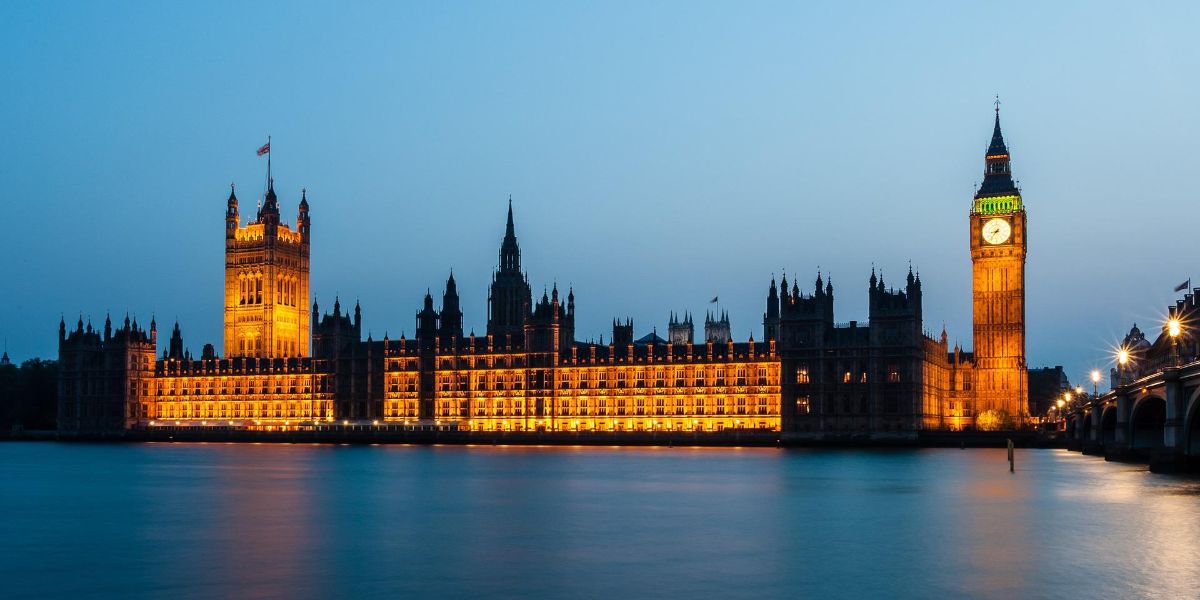On 7 February 2023 HMRC published the results of research commissioned in order to understand taxpayers’ experience of the Profit Diversion Compliance Facility (PDCF) and Diverted Profits enquiry process. The research was conducted through in-depth interviews with 35 large and mid-sized business taxpayers which had experience of the PDCF process or had been subject to a DP enquiry. HMRC will use the research as input into improving approaches to combating profit diversion, and for compliance facilities in other areas of tax risk.
When the UK government introduced the Diverted Profits Tax (DPT) in 2015 it also introduced Diverted Profits enquiries and the Profit Diversion Compliance Facility (PDCF).
Profit Diversion Compliance Facility
The majority of businesses first received an invitation letter to register for the PDCF and were surprised to have received the letter, as they considered that their business was compliant or that their UK operations were small. Most businesses reported no difficulty with the decision to register as they assumed that failure to register would lead to more costly audit, which could be prevented by registering.
Most respondents considered that the registration meeting with HMRC was an effective and open discussion focusing mainly on what HMRC specifically wanted. HMRC could not give too much direction on the scope of the disclosure required because the PDCF process is voluntary. An unprompted voluntary disclosure leads to greater potential penalty reduction than a disclosure prompted by HMRC.
The businesses interviewed in the survey all came to a settlement, perceived by most of them to be reasonable. The reasoning behind HMRC’s final decision to accept the businesses’ proposals was clear to them. Businesses noted that the use of agents was essential for the PDCF process and the agents were heavily involved during the self-investigation stage of the process, which was resource intensive. Agents also helped with drafting the taxpayer’s report.
Diverted Profits Enquiry
Many of the businesses interviewed were informed by HMRC that an enquiry was commencing, while others were subject to an enquiry after contacting HMRC about an advance pricing agreement or alerting them about uncertainty on the DPT. The evidence-gathering stage of the HMRC enquiry was seen by many businesses to be focused on the specific areas of the business that were most relevant to the enquiry. Most businesses considered that HMRC understood their proposed technical position. Most of the businesses used agents at some point in the process and the agents were generally seen as valuable to them but expensive.
Impact on future behaviour
After undergoing an enquiry most of the businesses implemented changes to their transfer pricing policies in the UK based on their experience during their enquiry, such as establishing a specific transfer pricing policy team or adjusting their transfer pricing policy.
The businesses that were subject to an enquiry assumed that the PDCF would be a less invasive investigation than the enquiry and some would have disclosed through the PDCF if it had existed at the time. Most of the businesses considered that the PDCF process had a positive effect on their relationship with HMRC, which gained a better understanding of how their business operated.
Most businesses involved in the PDCF process considered it to be an effective approach to resolving tax uncertainty, but around half the businesses considered the process to be less appropriate for less complex issues in view of the work involved.














